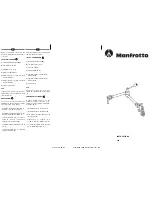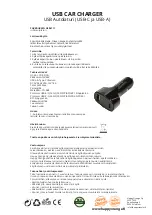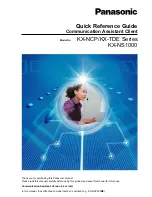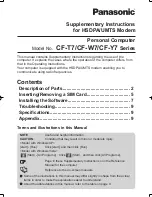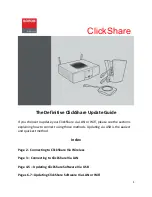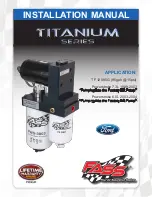
2 Removing the Existing Differential
5
2.1
Vehicle Support
c
Safely secure the vehicle on a hoist. We recommend supporting
the vehicle on a chassis hoist to keep the differential area at a
convenient working height and to leave the wheels and axles free
to be rotated and removed.
c
Once supported in the air, chock the wheels (if necessary) and
leave the vehicle in neutral.
2.2
Differential Fluid Drain
c
Position a fluid drain reservoir under the differential.
c
Remove the drain plug and drain all of the oil from the housing.
HINT : This is a good time to check for metal particles in
your oil and on the end of the magnetic drain plug which
may indicate a worn bearing or differential component.
c
Once drained, reinstall the drain plug.
2.3
Removing the Differential Assembly
c
Remove the stub axles from the differential housing according to
your vehicle manufacturer’s service manual.
NOTE : Rubber oil seals can be easily damaged. Support the
weight of the axle when extracting it across the edges
of the seals.
NOTE : Some Toyota IFS axles can be removed easier by
disconnecting the lower ball joint bracket.
HINT : Toyota IFS axle stubs are retained with a snap ring
which is considered to be a one-use part. Keep two of
these clips on-hand in case the clip(s) are damaged or
sheared off while removing the stub axle. Make sure all
of the remains of the clips are accounted for so that
they cannot damage differential components and seals.
c
Disconnect the drive shaft from the drive pinion flange.
c
Completely remove the entire differential assembly.
























